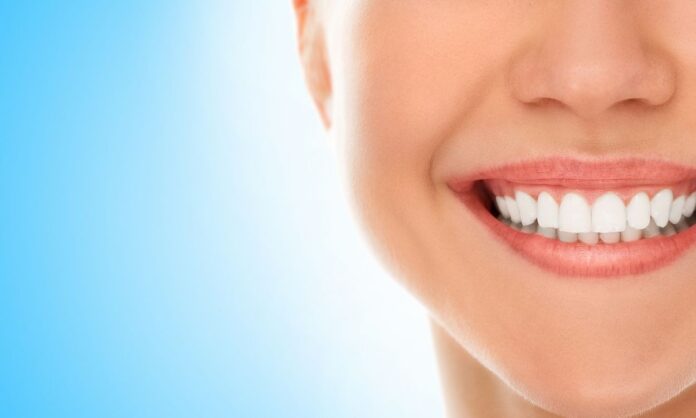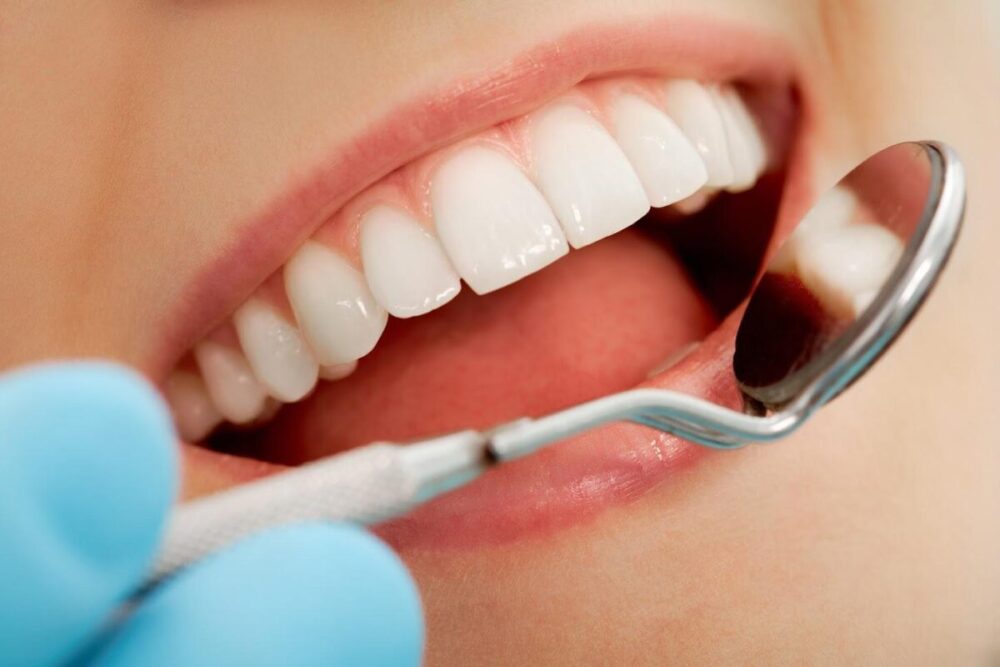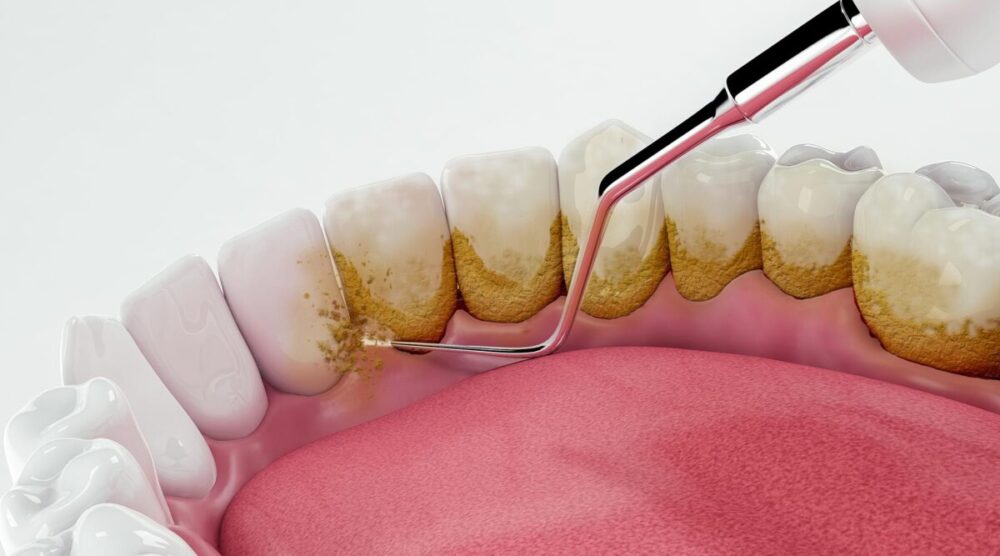
Healthy teeth are the first line of defense for your mouth. They protect your gums, keep them healthy and flossed, and remove plaque from between and around teeth. Having healthy teeth is essential for overall well-being and can provide numerous benefits. Here are some of the key advantages of maintaining good oral health;
Improved overall health
Healthy teeth help prevent other illnesses by reducing dental problems that can lead to serious health issues such as heart disease and diabetes. If you have trouble with your teeth, it could be a sign that you are not eating well or exercising enough. Regular visits to the dentist are recommended for people of all ages, even if they don’t have any dental problems now.
Better overall health
Aging can cause tooth decay and gum disease, leading to serious health problems like heart disease and stroke. Brushing regularly with fluoridated toothpaste helps prevent cavities, gingivitis, and periodontitis. Visiting secure dental regularly helps ensure that your teeth are in good condition so you can enjoy a lifetime of great-tasting food.
Prevention of toothaches and pain

Toothaches are a common problem among the population, especially children. They often cause severe pain in the jaw area, making it difficult to eat or sleep. While it’s true that toothaches can be caused by many factors, not brushing your teeth can lead to decay and painful infections. Brushing your teeth twice daily will help keep your mouth bacteria at bay and prevent cavities.
Better digestion
Brushing your teeth helps prevent cavities and gum disease, which can contribute to heart disease and stroke in adults and periodontitis in children. Suppose you have problems chewing hard foods like nuts or seeds. Professional dental cleaning may be necessary before you start eating them again after a long absence from regular dental care.
Preservation of natural teeth
A healthy mouth is important for preserving natural teeth. If your teeth are not protected, they can be worn down by everyday life’s constant wear and tear. The best way to preserve natural teeth is by brushing twice daily with fluoride toothpaste and flossing once daily. It would be best if you also visited your dentist regularly to get routine cleanings and check for signs of decay and any other problems with your mouth.
Improved speech
Brushing your teeth helps prevent plaque from building up on your teeth, which can lead to gingivitis (inflammation) and tooth decay. This is especially important if you have bad breath or plaque buildup around the back of your tongue where it meets the throat.
Better nutrition
Properly caring for your teeth will allow you to eat more healthily, which benefits anyone, especially those with poor oral health. A healthy diet includes foods that are low in sugar and high in protein, calcium, and vitamin D. These foods help keep your teeth strong and help prevent cavities. Research shows that eating various fruits and vegetables helps protect against gum disease and tooth decay.
Preventing lousy breath
Healthy teeth can also mean less bad breath. The bacteria on your teeth can produce acids that can cause bad breath, but the good news is there are ways to reduce their presence. Eating foods high in carbohydrates has been shown to help prevent plaque from forming on your teeth. Additionally, brushing after every meal and flossing will help reduce bacteria in your teeth.
Reduced risk of infections

The health of your teeth can help prevent tooth and gum disease, cavities, and other oral diseases. A toothbrush with an abrasive surface is recommended. Brushing at least twice a day and flossing after eating or drinking will remove food particles from between your teeth, which can lead to infection.
Savings on dental costs
The cost of dental care is not just the cost of the treatment itself; it also includes the costs of lost productivity, pain, and suffering caused by tooth pain, loss in quality and quantity of life due to dental problems, inability to eat properly and other factors that can affect a person’s ability to work or interact with others effectively. Doing all you can to keep your teeth healthy will save money on dental bills in the long run.
Better sleep
Research has shown that a healthy mouth can help you sleep better. Your teeth are an important part of your jaw and support your cheeks and gums. These tissues allow for proper chewing and grinding of food during sleep. When they are healthy, you have less jaw pain, making you more comfortable sleeping or resting.
Long-term health benefits
Good oral health can lead to long-term health benefits like reduced risk of heart disease, stroke, diabetes, and gum disease. These conditions can cause pain that can interfere with daily activities and affect your ability to function at work or in social situations.
Stronger bone density
A healthy mouth can lead to stronger bones. Poor oral health, such as cavities, gum disease, and tooth decay, can weaken the bones in your face, neck, and head. In addition, chewing tobacco and consuming alcohol can cause bone loss in these areas. Getting dental care to maintain strong bones is important because osteoporosis causes bone fractures and loss, leading to broken bones or even death if not treated early enough.
Increased immunity

Oral health is one of the best ways to improve your immunity system because it affects the health of other organs in your body, such as the heart and lungs. For example, when you have gum disease, you are more likely to develop respiratory infections like bronchitis or pneumonia than those without periodontal disease.
Enhanced social life
Good oral health is key to maintaining good overall health. You will be more confident and self-assured when you smile, which can make it easier for you to make friends. Also, if you have gum disease, it can lead to bad breath and teeth that don’t look great.
Conclusion
Practicing good oral hygiene habits, including regular brushing and flossing, and scheduling regular dental check-ups and cleanings are important. Your dentist can guide specific oral health practices tailored to your needs and can address any concerns or issues you may have.








